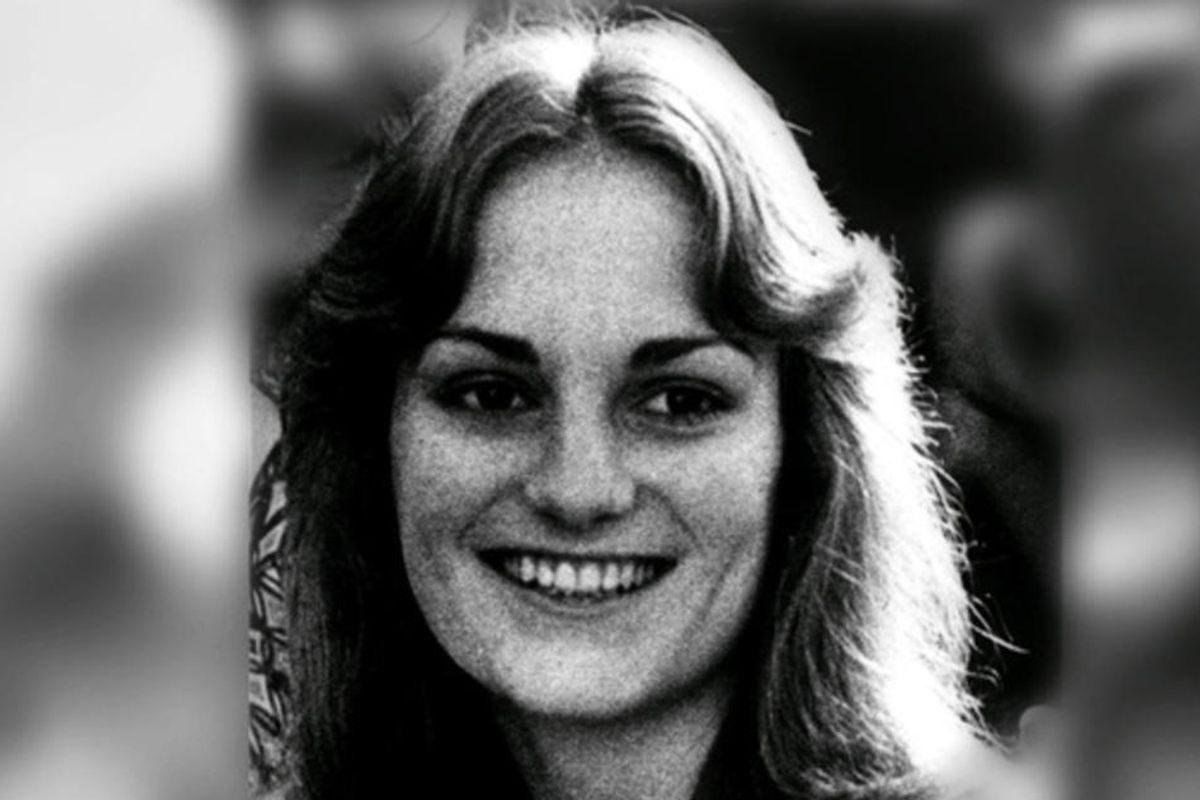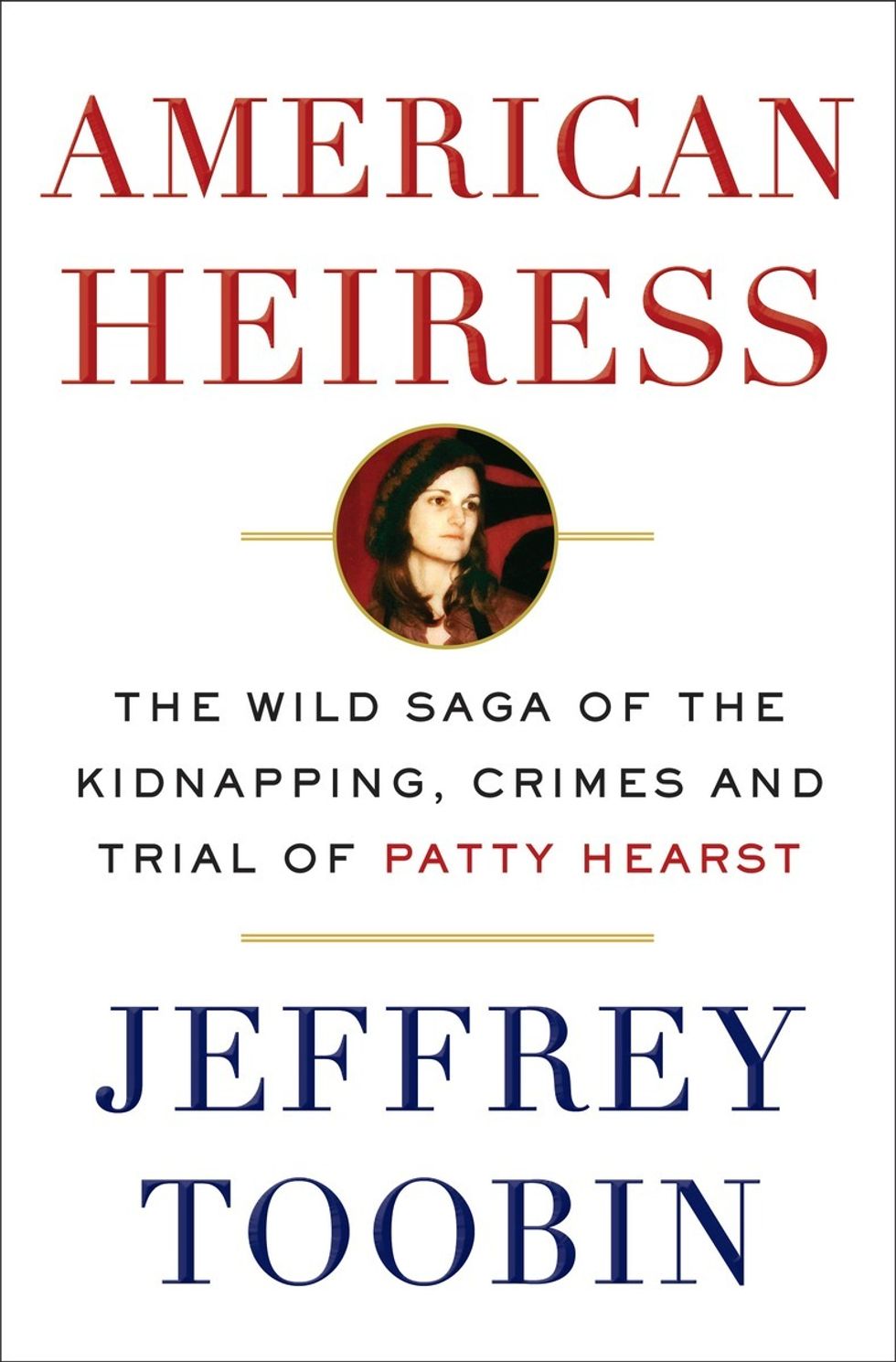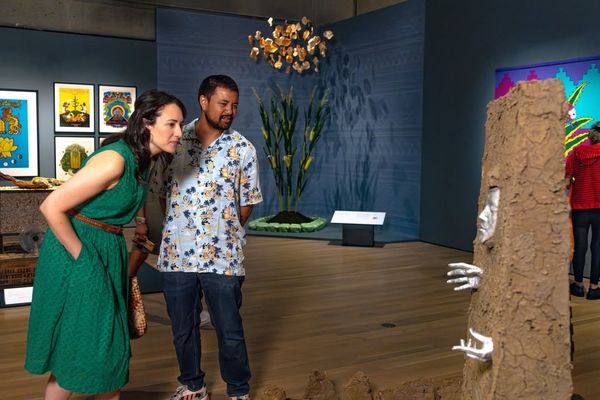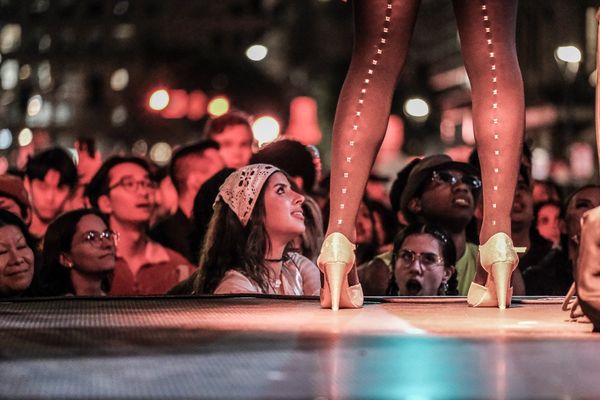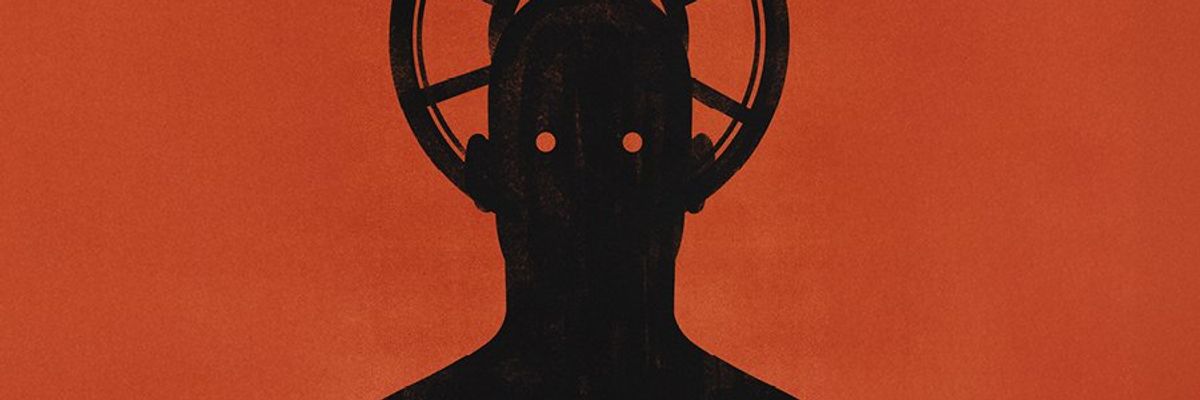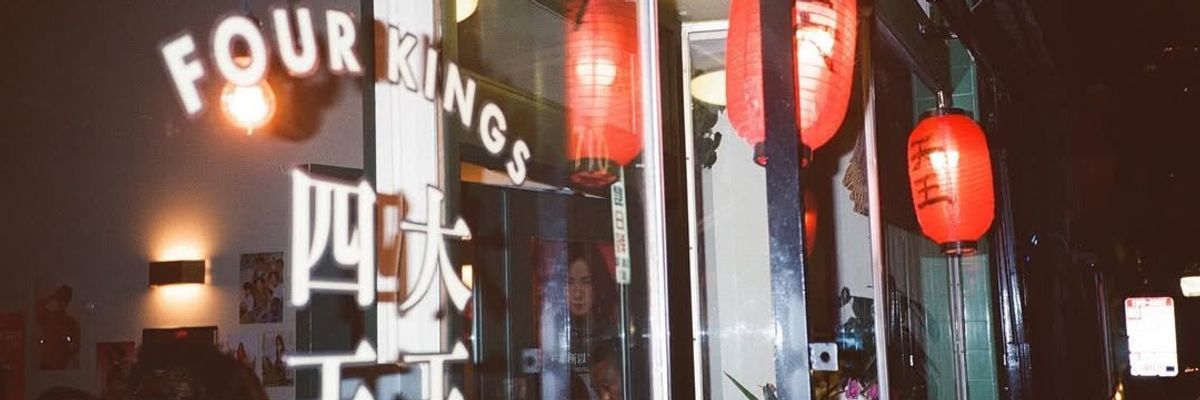Author Jeffrey Toobin's new work, American Heiress, follows the true story of Patty Hearst's kidnapping from her Berkeley apartment, her conversion to the beliefs of her kidnappers, their ensuing crime spree, and her conviction after capture.
It's a tale that captivated American television and newspaper audiences in the 1970s as the granddaughter of William Randolph Hearst, founder of The San Francisco Examiner, went from sympathetic victim to gun-toting bank robber and bomb thrower in a few short and shocking months. Toobin—an attorney, columnist for The New Yorker magazine, and legal analyst at CNN who has also written bestselling books about OJ Simpson, President Bill Clinton, and the Supreme Court—talked with 7x7 about his latest work.
DL: Can you give me a description of who Patricia Hearst was at this time of her life, right before the kidnapping happened? Why did the SLA (Symbionese Liberation Army) choose her?
Toobin: She was a sophomore at UC Berkeley. All the SLA knew about her was that she was the granddaughter of William Randolph Hearst and that she was an undergraduate at Berkeley. They knew nothing about her personality. What was significant about her stage in life is that she was nineteen years old and at a very restless, unhappy moment. "Mildly suicidal" as she later described it.
She had a difficult relationship with her mother, a very conservative woman who was appalled that she was living in sin with her boyfriend, Steven Weed. Yet Hearst was not happy either, and began regretting being engaged to him. She was starting to develop a political consciousness like a lot of people were in the 1970s and people do in general at that age. She was at a uniquely vulnerable moment in her life and she was very young.
DL: That is surprisingly young for what happened to her. What happened to Steven Weed after this, did he just disappear out of the picture?
Toobin: Steven Weed is a real estate broker in Palo Alto.
DL: Do you think that she was brainwashed? That because she was young and impressionable and she was developing a political conscience that she bought into the belief system of the SLA?
Toobin: In my book, I try to avoid words like brainwashing and Stockholm Syndrome, because those are journalistic terms, not medical ones. It was a horrible thing that she was kidnapped, but it is also true, I think, that she reacted rationally under the circumstances. Given who she was and given what happened to her, it was a rational choice to join the SLA. In my opinion, she joined the SLA and voluntarily committed robbery.
DL: Do you think it was a rational choice because it allowed her to survive?
Toobin: No, because she could have left at many different times during her involvement. It was a rational choice because like a lot of young people in the '70s, she got involved with people in a situation that was really dangerous and unwise. But it was a voluntary choice on her part eventually.
DL: I vividly remember this saga from my youth. I was 7 and 8 at the time, and had nightmares about the SLA coming for me. American TV was only five channels, so your parents watched national news at 5:30pm and you saw what they saw. How were you aware of this growing up?
Toobin: I was 14, so I probably had more of a memory of it than you did, but not a lot more. The news and the media was a much smaller entity than it is now. There was three half-hour evening news shows. There wasn't even Good Morning America, there was just the Today Show. I think that contributed to the fact that people weren't more panicked. When you think about 1,000 to 1,500 bombings a year in this period. Imagine what cable news would do with that today.
It's interesting how many people have told me as I have been talking about this book, that they had nightmare about it growing up. You were far from alone.
DL: Wow, 1,500 bombings a year. Were these all committed by what would be considered leftist organizations at the time?
Toobin: Pretty much, to the extent that you can call them left or right. They were mostly just insane. It was the Weather Underground and splinter groups related to the Weather Underground. It was Puerto Rican nationalists. I think you could generally say, it was the radical counter culture, which was certainly left wing in its orientation, but they were hardly thoughtful or political. What the SLA did was steal. They robbed these 3 banks—in part for theatrical reasons, but they also just needed the money.
DL: How did you go about writing this book? Did you use Hearst's memoir as a basis?
Toobin: I interviewed everyone that I could who was still alive and a lot of people are still around. That was the main thing I did was just original reporting. I was able to talk to Bill Harris, but not Emily Harris. She doesn't talk about it.
DL: What was the most surprising thing that you learned in your research?
Toobin: The sheer scope of Patty and the SLA's criminal behavior during their year on the run. I knew, like a lot of people, about the Hibernia Bank robbery in San Francisco for which she was convicted. But there were two other bank robberies, including the one where Myrna Opsahl was killed in Sacramento. When she shot up the street in Mel's Sporting Goods in Ingleside, California, when they set off bombs in San Francisco. Their's was an extraordinary reign of terror.
DL: It's kind of shocking that this happened in this country.
Toobin: And it's kind of shocking that she got a pardon and a commutation notwithstanding that.
DL: And why do you think that is?
Toobin: Wealth and power.
DL: Do you think it's also media sympathy?
Toobin: I think there was sympathy for her, and there should have been a measure of sympathy for her, but a lot of people in this country take wrong turns and get involved with bad people and make terrible mistakes. They don't get pardons and commutations.
A revealing and interesting part of her story is that she led the life for which she was destined. She was, has been a socialite, a homemaker. She had a few quirky things that she did like the John Waters movies, but she is now a matron in the suburbs. That to me is a pretty amazing turn of fate, considering what this chapter in her life consisted of.
DL: There are many powerful players in this story. How did Ronald Reagan play into this?
Toobin: Well, then California governor Ronald Reagan had appointed Catherine Hearst [Patricia Hearst's mother] to the California Board of Regents, which runs the state university. She was a big ally of his in the crackdown on student protesters. The fact that she accepted re-appointment from Reagan to the board, shortly after Patty was kidnapped, was something that really alienated Patty and the SLA. That was a significant thing and also, later, after Patty is arrested and convicted, Reagan was one of the people agitating for a pardon for her, which was, I think, very much a favor for his friends, the Hearsts.
DL: What is the next project that you're working on?
Toobin: You know, I don't know. I find these books emotionally and physically exhausting to write and when I finish one, I am not ready to jump back on the horse right away.
DL: How long of a process was this for you?
Toobin: This one came together pretty fast, it was not a lot longer than 3 years. By book standards, that's not very long.
DL: What's your process for writing?
Toobin: My process is very simple. When I am writing a book, I write 1,250 words a day—5 pages, 5 double spaced pages. I am merciless about insisting that I meet my quota every day, because I just find that the single easiest thing in the world to do is not write. If you give yourself excuses, you will take them. So my view is, I get a limited amount of leave from The New Yorker, I have to get the book done in a certain period of time, the writing part. This isn't the reporting part, I don't have a similarly mindless quota there, but I do have a quota when I'm writing. That's, 25 pages a week, 100 pages a month and it adds up.
DL: Out of those 5 pages a day, how much do you think you retain on a good day, all of it?
Toobin: Well, the way I work is, I'm very focused on chapter by chapter. I begin the day by editing what I have written in the current chapter so far. Then I continue writing the chapter. That means that every chapter which may be 4,000 or 5,000 words, gets edited many times. Editing to me is an ongoing process. It's not just edited, and it's done. Each morning I reread and edit what I've written for that chapter, then add the next 5 pages.
// Want to catch Toobin in person? He will be appearing August 16th at Book Passage in Corte Madera (51 Tamal Vista Blvd.) at 7pm, bookpassage.com/event/jeffrey-toobin-american-heiress-corte-madera



